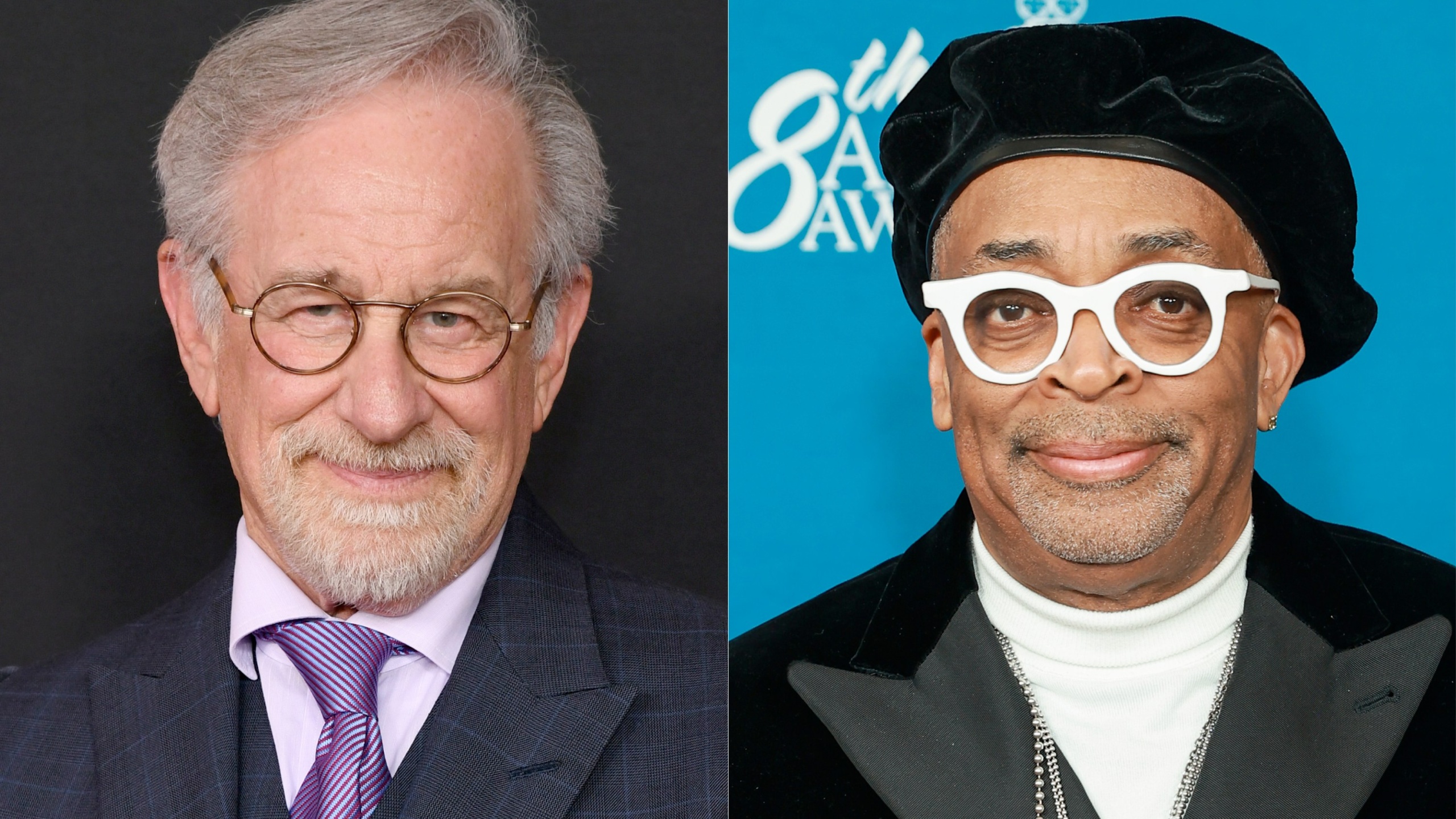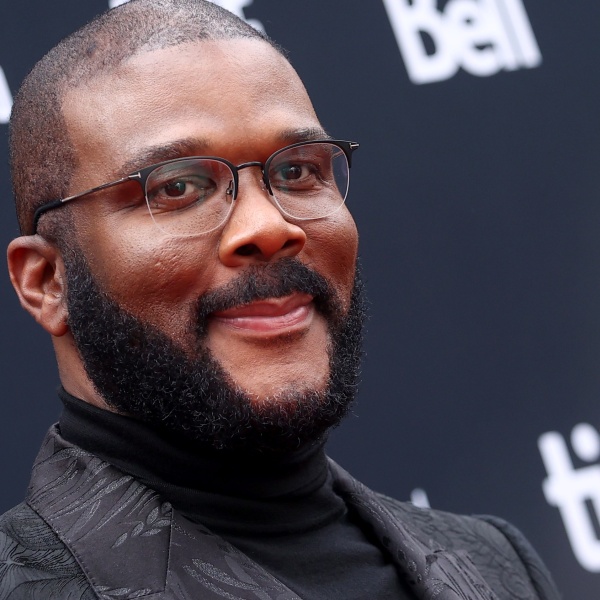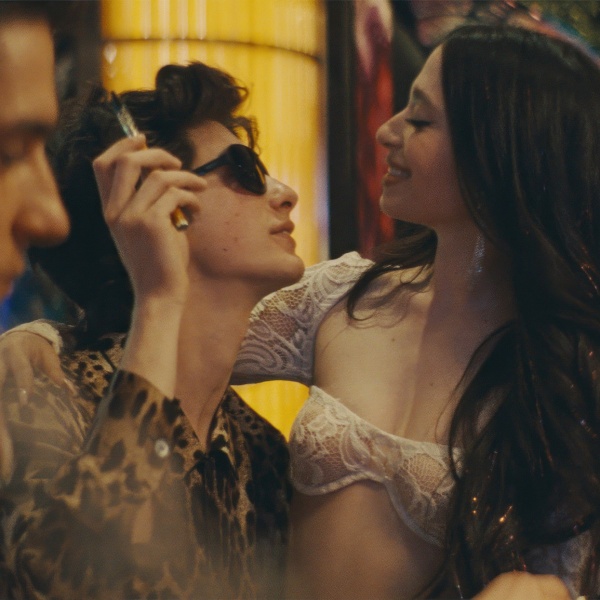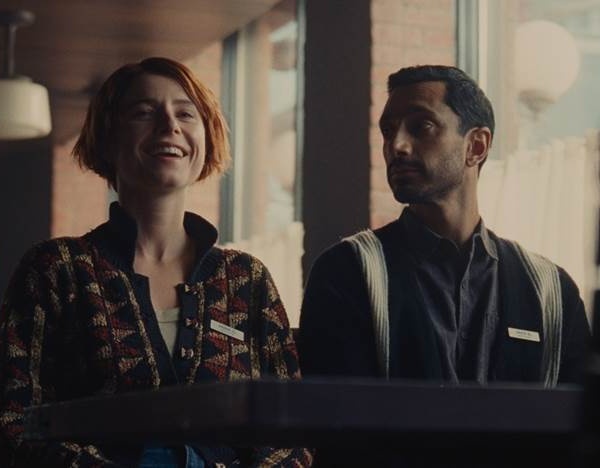Spike Lee credits Steven Spielberg for having a “crystal ball” when it comes to the dangers of artificial intelligence.
During an interview alongside actor Giancarlo Esposito for The Hollywood Reporter, Lee pointed to Spielberg’s 2001 film “A.I. Artificial Intelligence.” Stanley Kubrick had been developing the sci-fi feature for two decades before Spielberg took over writing and directing after Kubrick’s death.
According to Lee, Spielberg’s film was one of the first mainstream portrayals of artificial intelligence, and served as an early warning for what the world is facing now in 2024.
“The danger that A.I. could do to cinemas is nothing compared to what it could do to the world,” Lee said when asked about the effects of A.I. on filmmaking. “It’s bigger than cinema. It’s bigger than music. I got to give it to my brother, Steven Spielberg, who peeped this many years ago when his film ‘A.I. Artificial Intelligence’ came out. I didn’t even know what that was until that movie came out. We’re living in very dangerous times.”
Esposito, who recently reunited with Lee for a Fiat commercial after collaborating on films such as “School Daze,” “Do the Right Thing,” “Mo’ Better Blues,” and “Malcolm X,” weighed in as well.
“You can’t replace what’s real. You can’t replace the soulfulness of a human being, the soul. You can’t replace humanity,” actor Esposito said. “Machines can try but I’m sorry…We’re going to have to go through some learning to understand how to use it properly in the right way. It’s a testament to those, like Steven Spielberg, who foresaw this happening.”
Lee said, “He had a crystal ball on that. What’s up, Steven? You know you did your thing.”
The debate surrounding the use of A.I. in Hollywood was one of the many issues at the center of both the SAG-AFTRA and WGA strikes in 2023.
Filmmaker Wim Wenders summed it up when warning that “actors and screenwriters are afraid of becoming obsolete” during a press conference at the Lumiere Film Festival in 2023.
“With AI everything gets done very fast. You give three ideas and a few ideas and the next day you have a new script that many studio executives will want to use because that’s what they wanted,” Wenders said. “For screenwriters it would be the end.”







